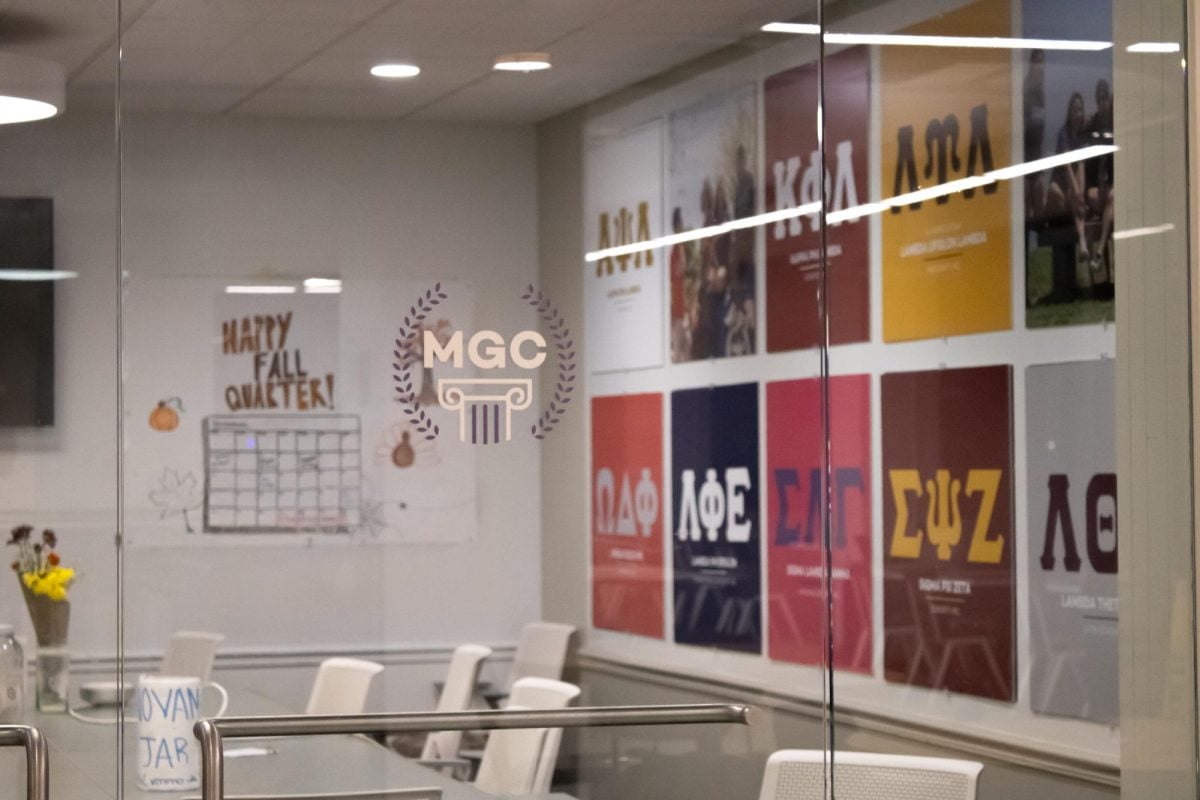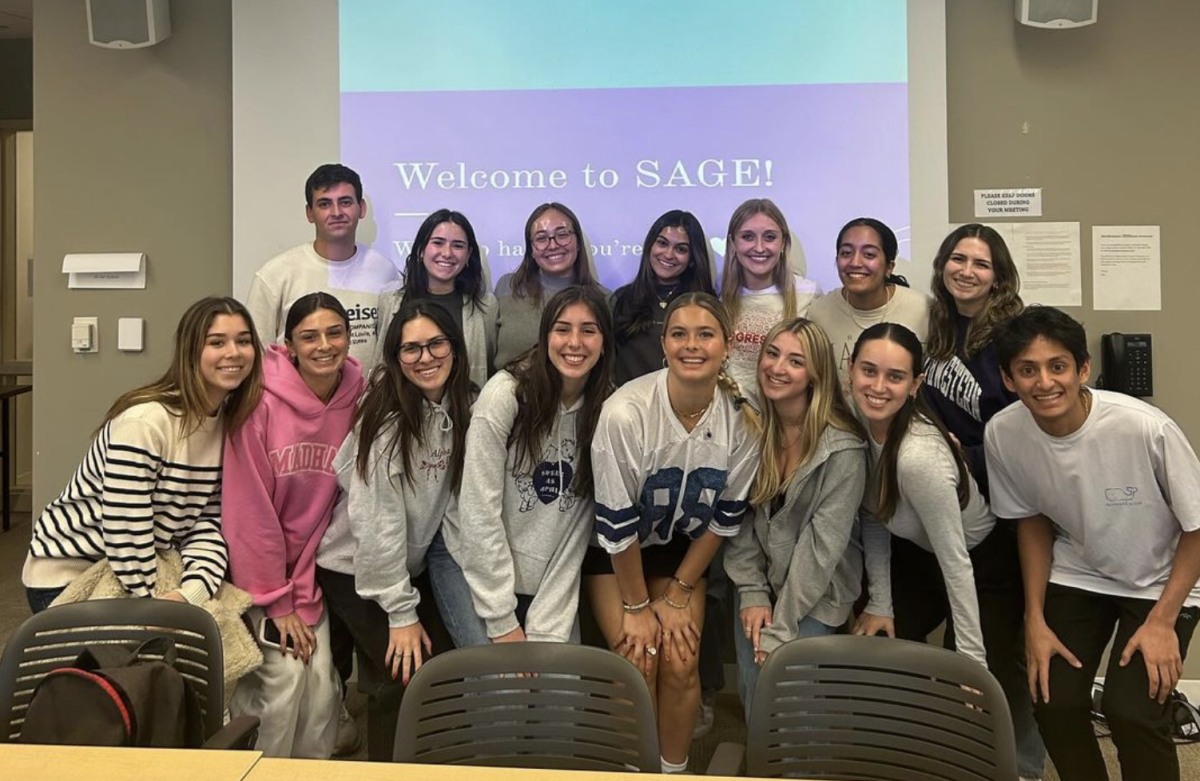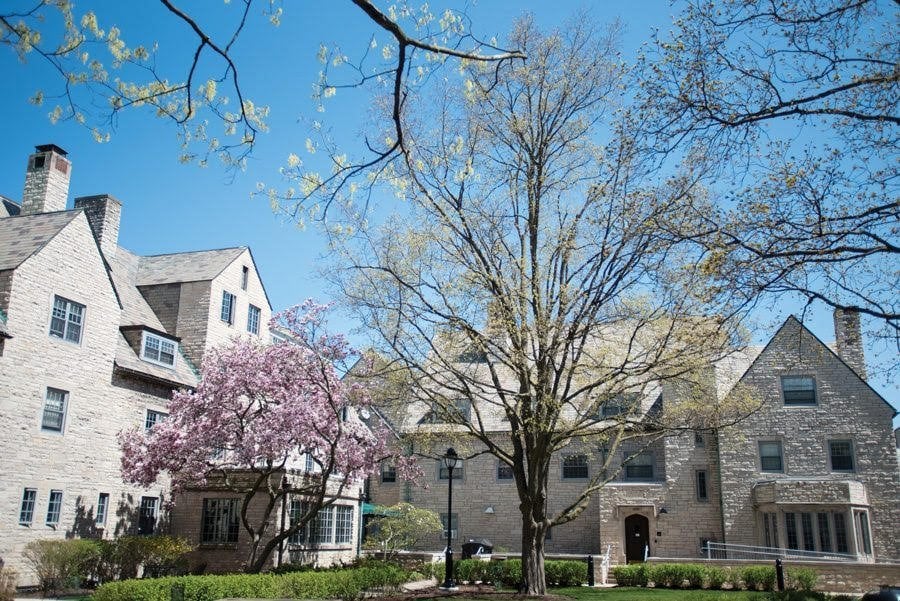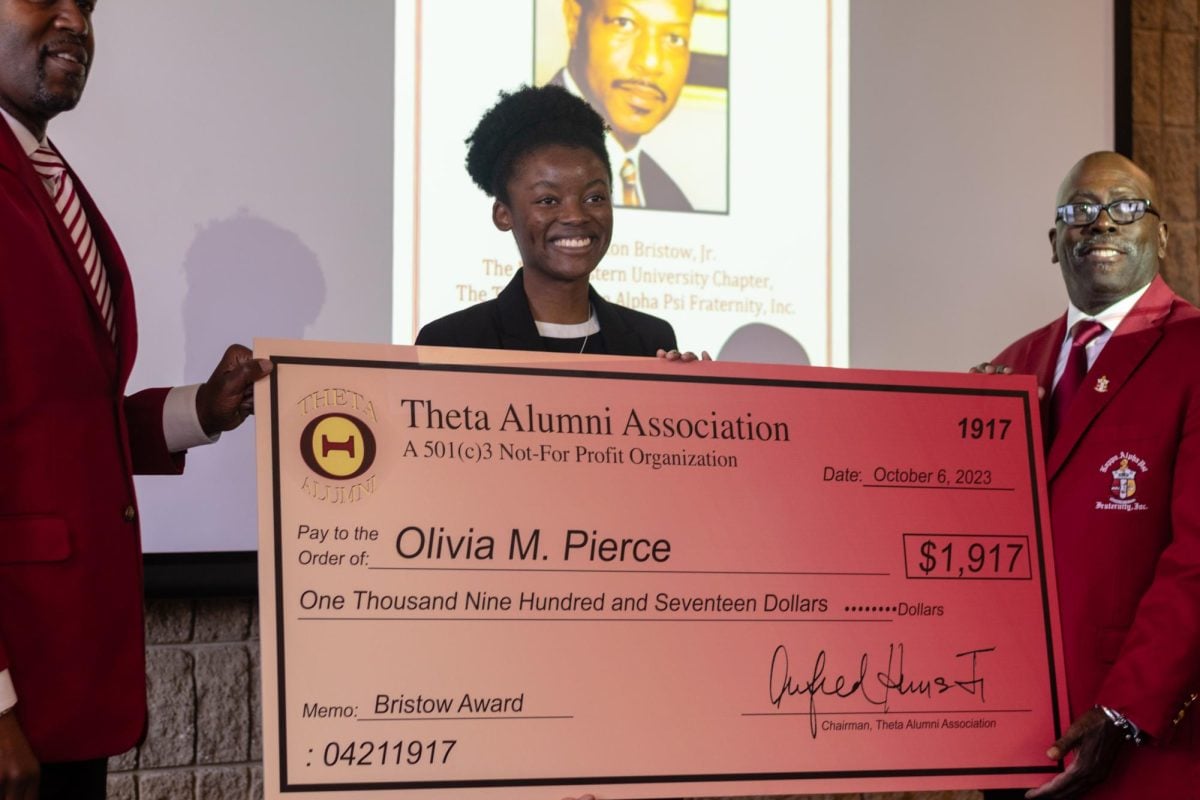As the end of the school year nears, students are making a final push to collaborate with administrators in improving the sustainability and quality of food at Northwestern.
The Real Food Coalition, a student group formed last fall, is advocating for more “real food” – food that is local, organic, sustainable and humanely produced. The group’s efforts are part of the “Real Food Challenge,” a national movement in which colleges strive to have 20 percent of their food be “real food” by 2020.
“The Real Food Coalition’s yearlong efforts culminated Monday night, when the group co-sponsored the campus appearance of Tracie McMillan, author of The New York Times bestseller “The American Way of Eating.” About 65 people attended McMillan’s presentation, which was organized by NCDC.”
For her book, McMillan went undercover as a picker on a California industrial farm, two Wal-marts and an Applebee’s kitchen to examine America’s food system.
The coalition includes students involved with the Living Wage Campaign, as well as members of Students for Ecological and Environmental Development and the Northwestern Community Development Corps.
Since the end of Winter Quarter, the group has amassed about 1,100 signatures supporting the cause. The coalition is looking to present the petition to administrators before the end of the year to get the University’s commitment to the Real Food Challenge.
“We’re hoping that the administration will see that this is something people want to work together on,” said Weinberg junior Will Bloom, a member of the Real Food Coalition.
However, Steve Mangan, district manager for nuCuisine, said a number of obstacles stand in the way of the group’s goals. Seasonal changes limit the availability of local foods in Illinois, and the high volume of food coming into NU makes it difficult to track where and how everything is produced.
“We aren’t always able to identify what’s local because we have so many things coming and going,” he said. “It’ pretty complicated to keep track of this.”
Mangan added nuCuisine has already hired a sustainability intern, McCormick junior Paige Humecki, to assess NU’s sustainable food procurement.
Before the University can agree to the parameters of the Read Food Challenge, the University needs to assess the local and organic foods available to NU, said Rob Whittier, the director for the Office of Sustainability.
To accomplish this, NU is looking to collaborate on a study with universities in the Chicagoland area, including The University of Chicago and Loyola University Chicago, to evaluate the supply and demand of local organic foods in the Midwest.
Participating institutions will be meeting this summer to lay the groundwork for the study.
“Our study could come back and say we’ve got some work to do to make these markets grow,” he said. “It’s a critical first step.”
Other student groups are also looking to work with administrators on improving sustainable food at NU. In response to the November creation of the Office of Sustainability, NU’s Associated Student Government is voting Wednesday on forming a sustainability committee, which will moderate communications between student groups and the University.
“What’s clear is that we need both administrative and student involvement with sustainability,” said Weinberg sophomore Mark Silberg, the ASG senator for SEED.






